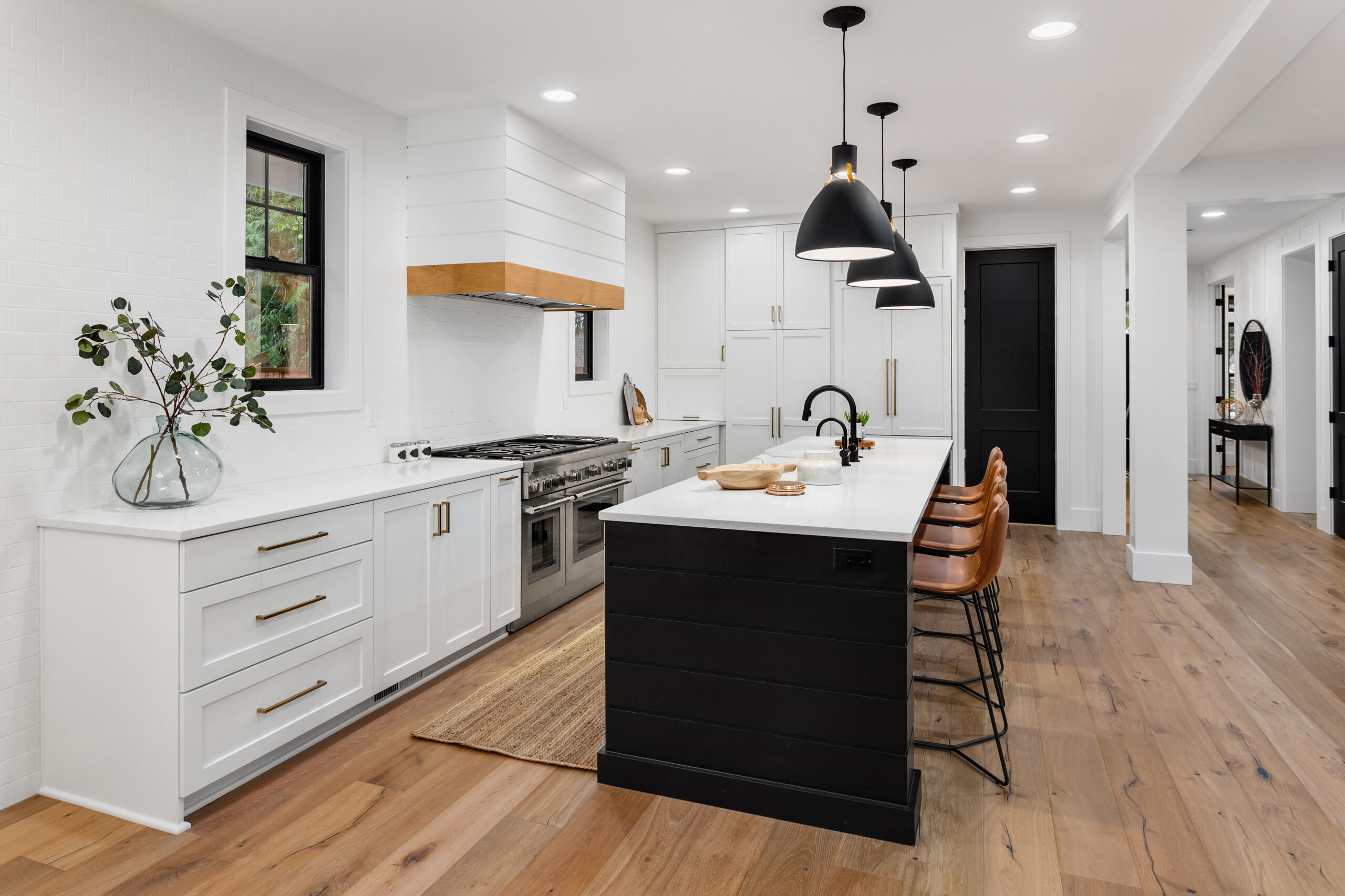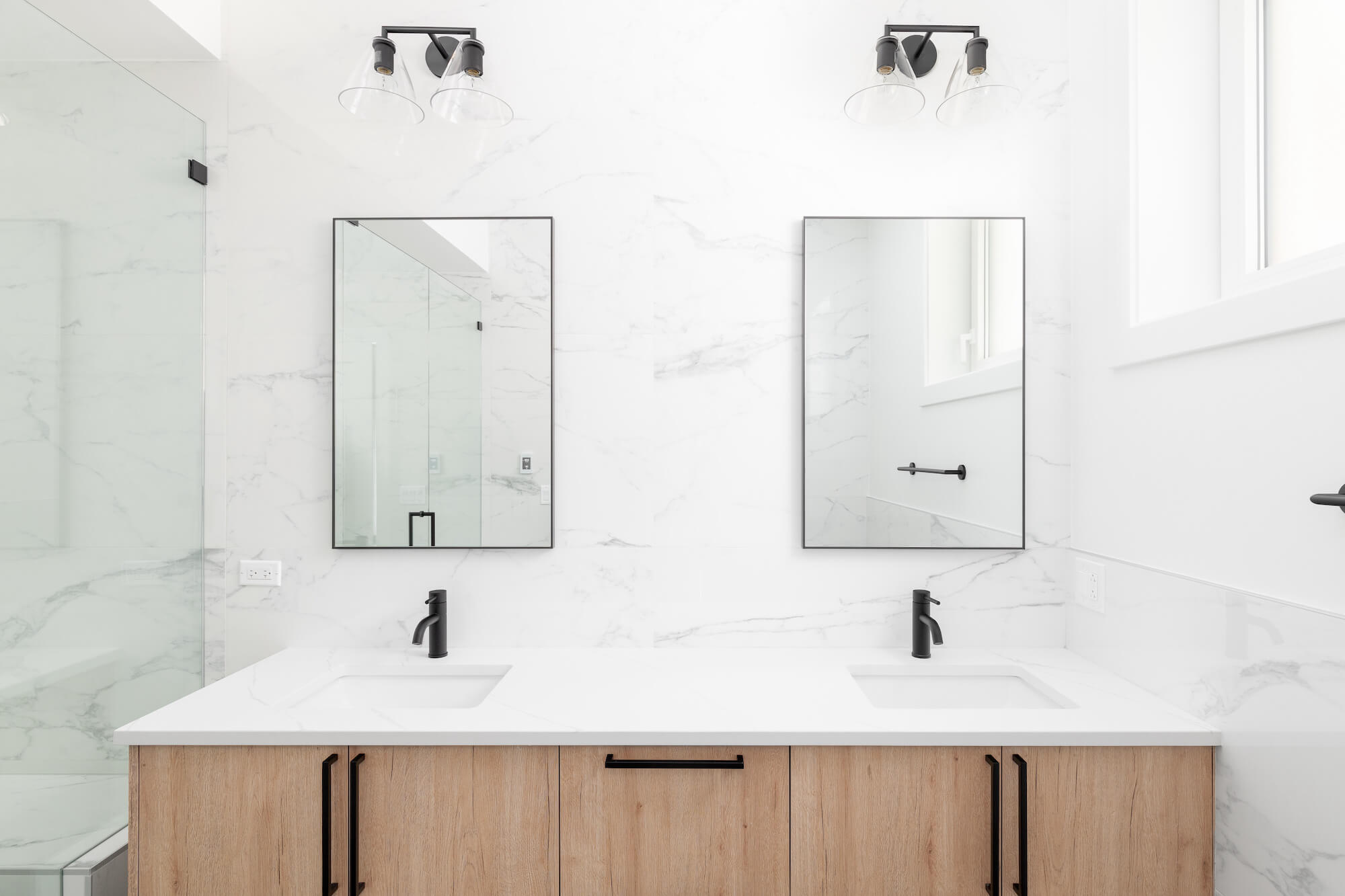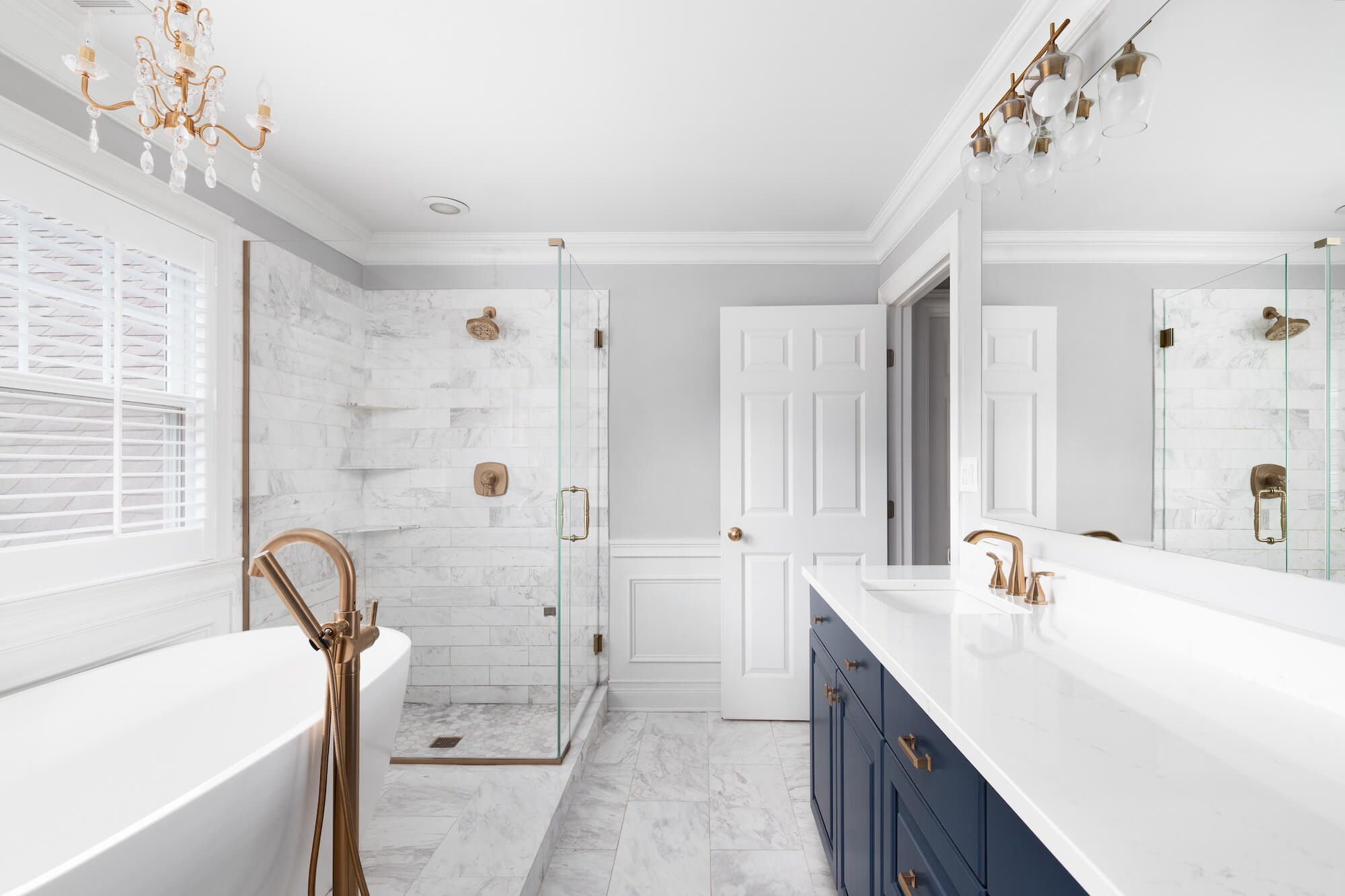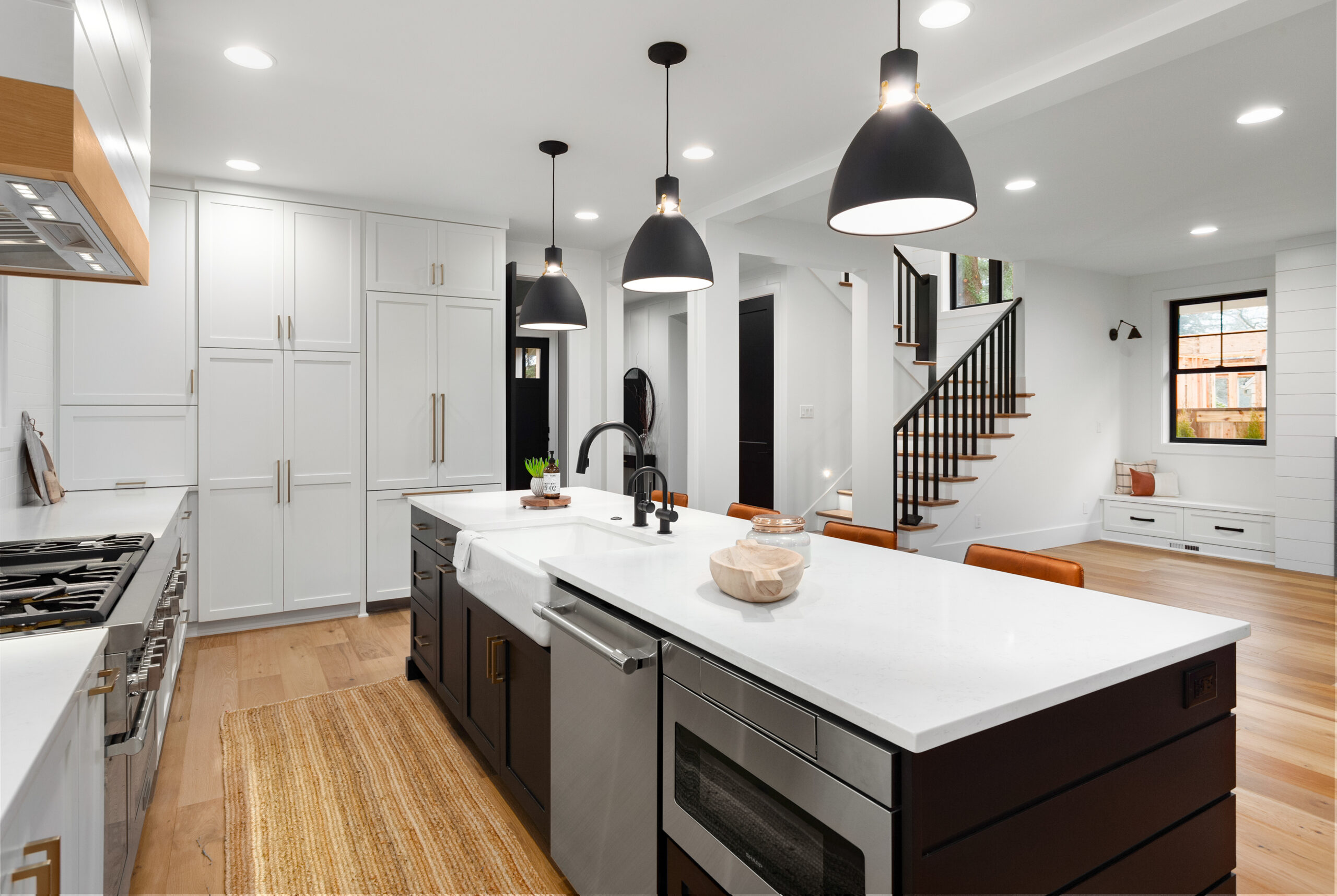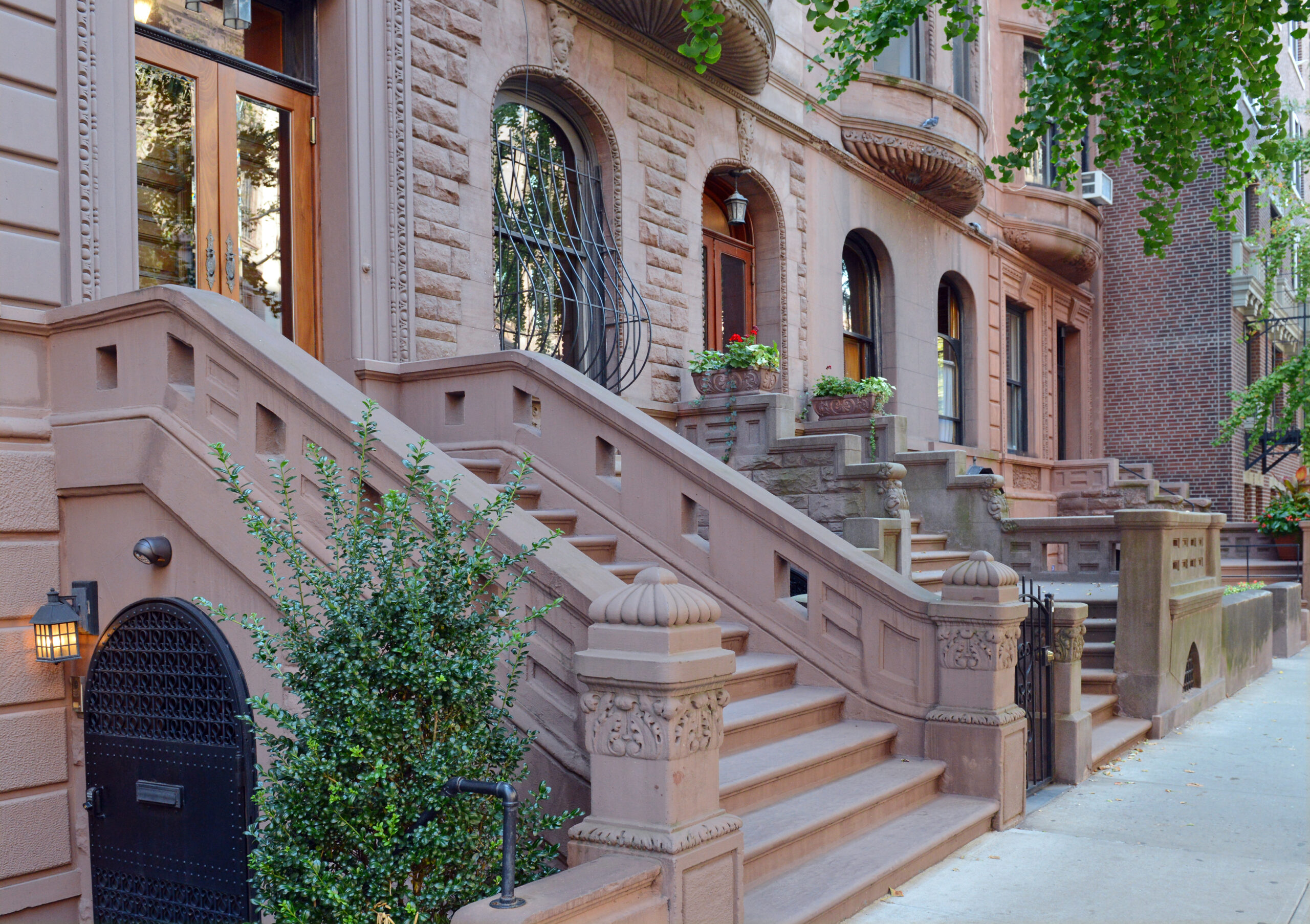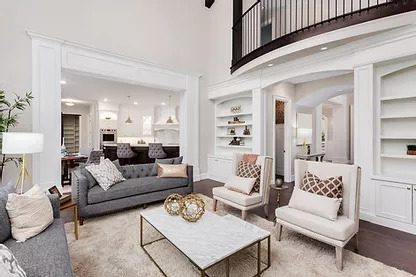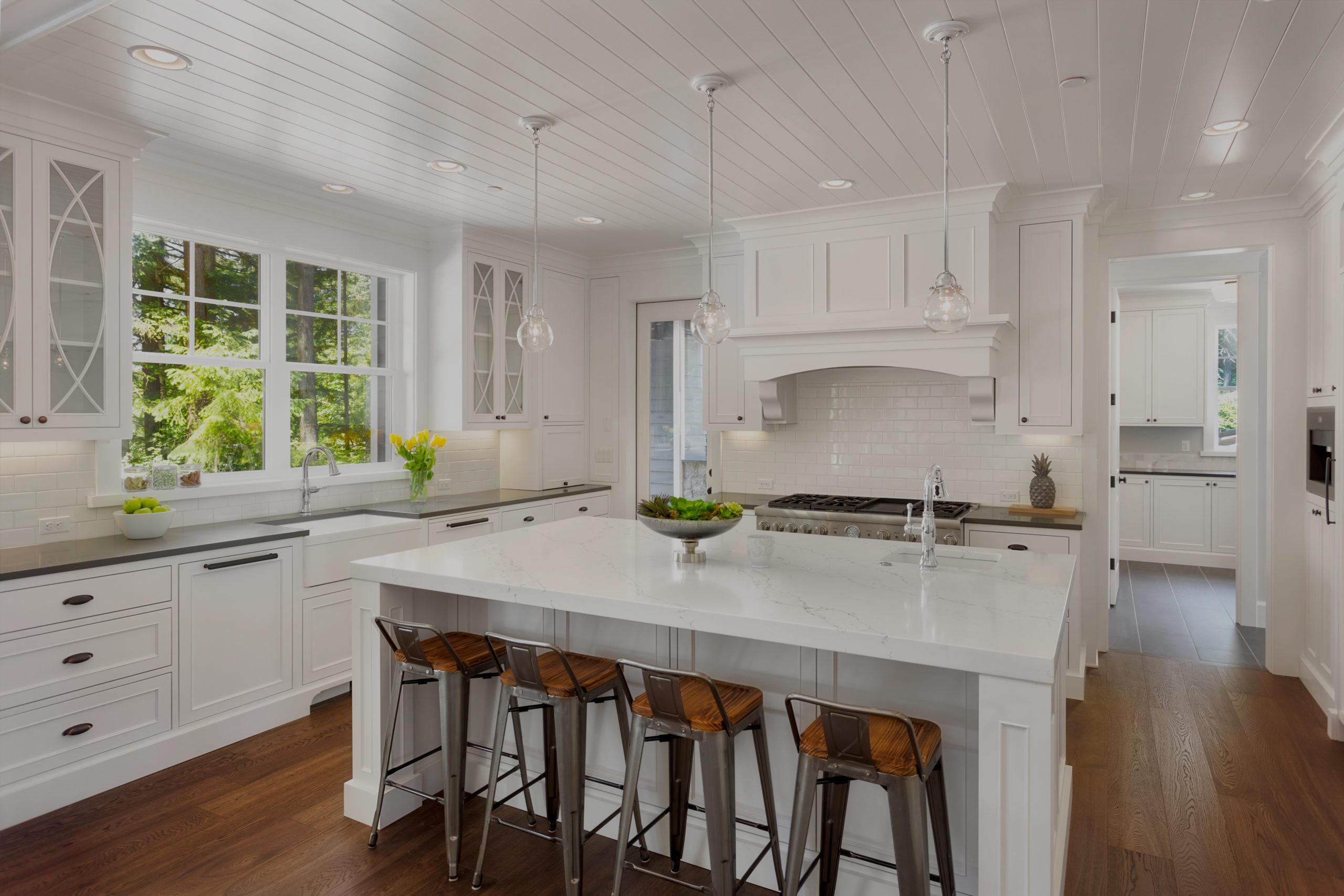What to know about Home Remodeling Permits?
Learning about whether you will need permits at the start of a home remodel project is a crucial step. Permit regulations vary from state to state, but one thing is certain, obtaining permits can be a complex and potentially sluggish process. Anticipate the process to take time, and require substantial research on the types of permits, the documents necessary to apply for them, such as specific drawings, asbestos forms, etc., and the associated filing fees.
So, the question can surface as to why become susceptible to this annoyance and frustration, if it would just be easier to proceed as if those laws don’t exist, hoping that no one will notice. And while that may cross your mind, be informed that by doing so it can, and may very well, lead to fines and enormous costs such as having your new kitchen or bathroom ripped out. It simply makes NO sense at all to not get a permit. Something to make note of: “Permit expediters” are usually knowledgeable in the procedure and may be able to speed up the paper-pushing process.
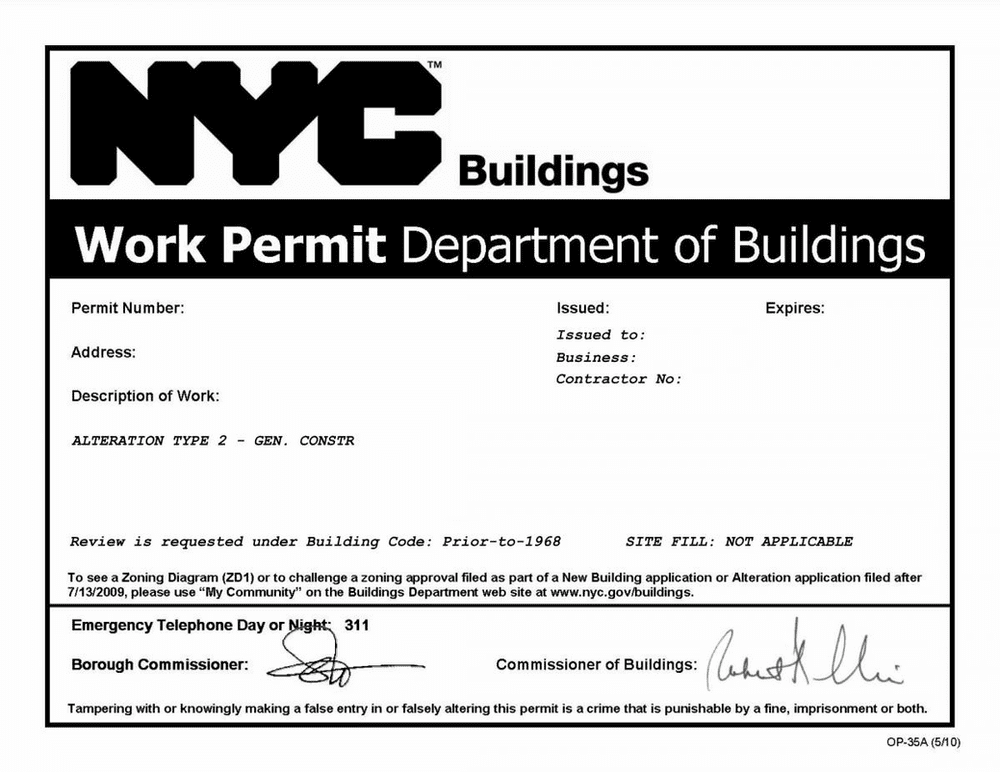
Why do permits exist? As it turns out, they’re required by law because they are a basic means for maintaining public health and safety by demanding any and all construction work be done according to code, which was established to prevent your house from collapsing, and anyone from getting hurt.
In what situations are permits required? In New York City, for example, if you’re doing a project that involves any plumbing, electrical work, exterior pointing, home extensions, etc., you are obligated to get a permit. If you are simply getting cosmetic work done in your home, such as painting, plastering, flooring, etc., permits are generally not required.
Reach out and ask your contractor whether the work requires a permit, but it’s important to do the research yourself as well, to determine what permits you need, and that they all get acquired. You can gain access to more information from the Department of Buildings, too. Remember, in New York, if your contractor fails to get the correct permit, it’s you, the homeowners, that gets fined.
If you’re unsure as to whether something needs a permit, ask a registered engineer or architect for their opinion. If there’s any gray area, don’t hold by someone telling you that they have never had to get a permit for this type of work, because that doesn’t mean that it isn’t required.
You may ask, how will the authorities really know if I don’t have the right permits? After all, the Building agency doesn’t have a multitude of employees inspecting every home in a 15-mile radius. However, in the recent months they’ve been hiring more and more employees to enforce safety and illegal work, being that this became far too common. Moreover, you can be certain your neighbors will definitely know you’re remodeling, and a phone call is all it takes. Additionally, if you live in an apartment building, the condo or co-op board will be watching closely, and if you’re in a brownstone, anyone walking down the street could notice that renovations are being done; and that no permits are posted. The risks are simply too high.
Even if you do get away with deceiving the permit system, you’ll have to pay the price once you decide to sell. If it’s found that the work done is deemed illegal, you’ll have to legalize the work before selling the home. Furthermore, for condo or co-op owners, you could wind up with ongoing liability following your project’s completion – if the work done in your unit causes problems in someone else’s unit down the line, and you never got the proper permits, you could even wind up being sued.
When you take all of this into consideration, one thing becomes clear: you should get the right permits. And once your beautiful remodel is finished, be sure not to leave any permits open. Typically, the department of buildings will require that your work be inspected by a licensed inspector, who will close the permit if everything is done right.
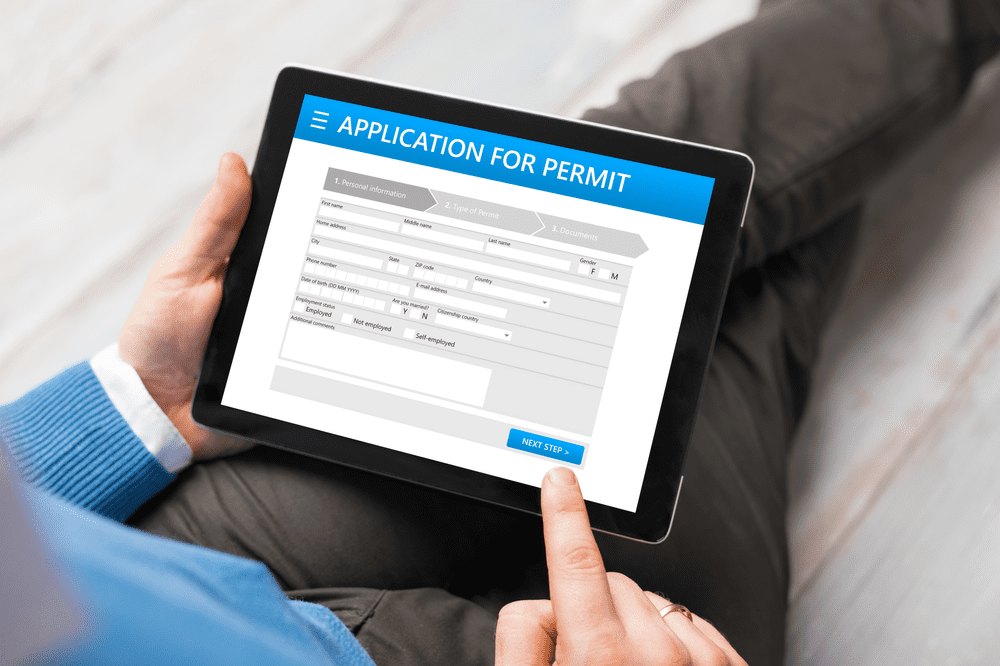

7 Trendy Bathroom Design Ideas for Modern NYC Homes
7 Trendy Bathroom Design Ideas for Modern NYC Homes [...]
How Much Does It Really Cost To Remodel Your Kitchen in NYC?
A Comprehensive Guide to Residential Kitchen Remodels in New [...]
How Much Does It Really Cost To Remodel Your Bathroom in NYC?
Exploring Residential Bathroom Remodels in New York City: Factors [...]
4 Tips from the Pros About Choosing Grout Color
4 Tips from the Pros About Choosing Grout Color [...]
What Kind of Paint Is Best For a Bathroom, According to the Experts
What Kind of Paint Is Best For a Bathroom, [...]
Interior Renovation Ideas to Expand Small Spaces
Interior Renovation Ideas to Expand Small Spaces f you live [...]
Exterior Renovation Ideas for Your Home
Exterior Renovation Ideas for Your Home There are many [...]
6 Reasons To Remodel Your Home in NYC
6 Reasons To Remodel Your Home in NYC Remodeling your [...]
Steps to Remodeling Your Home: Where Should You Start?
Steps to Remodeling Your Home: Where Should You Start? Do [...]
The Benefits of Hiring an Interior Designer for Your Home Renovation
The Benefits of Hiring an Interior Designer for Your Home [...]
Renovating the Perfect Cape Cod Kitchen
Renovating the Perfect Cape Cod Kitchen Classic Cape homes offer [...]

